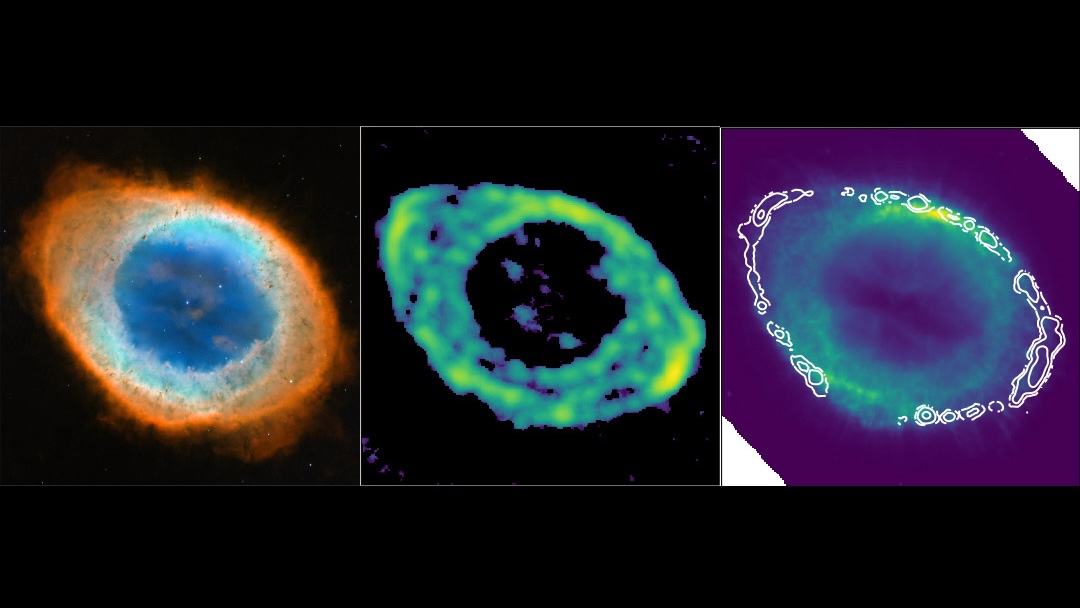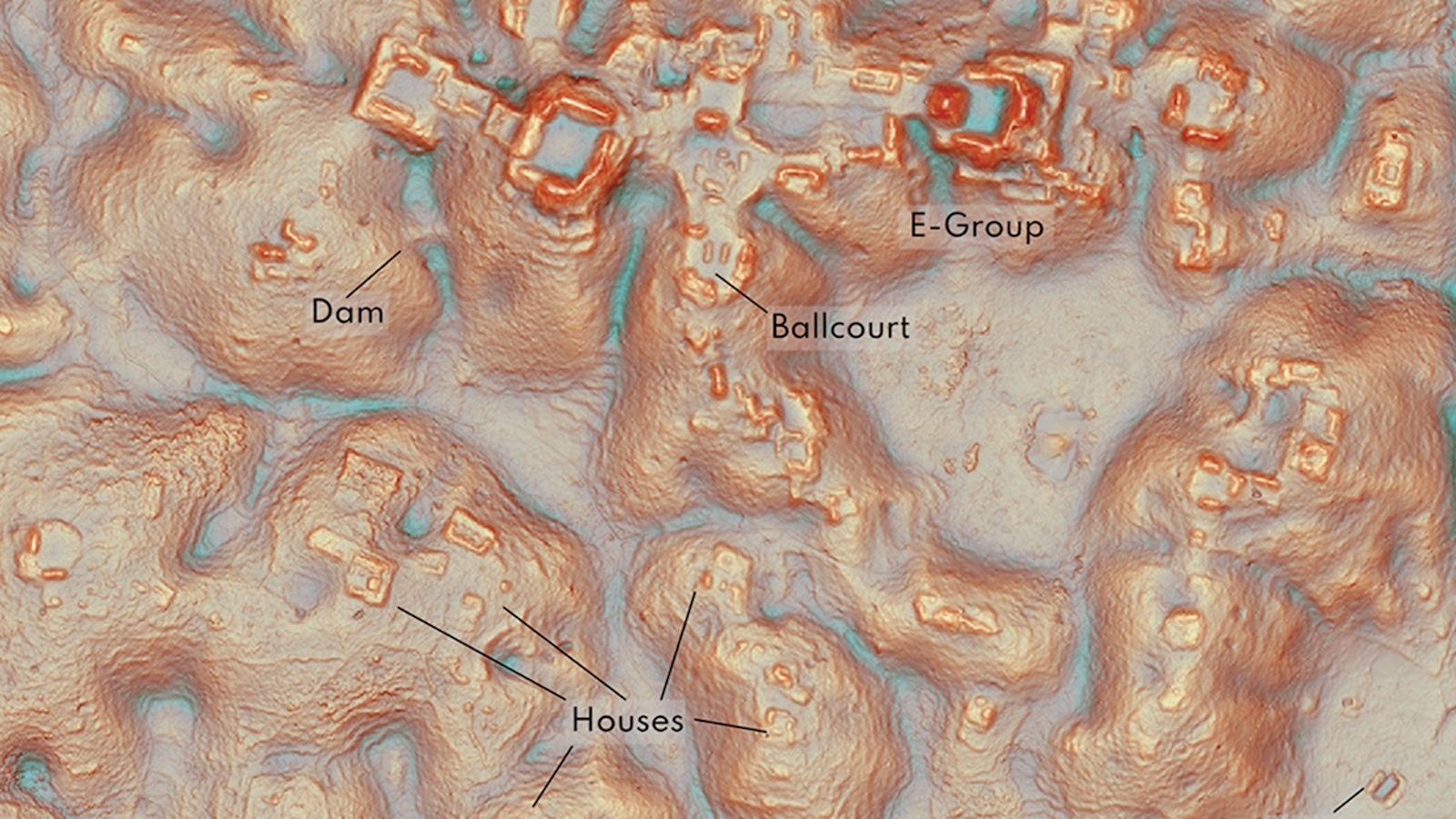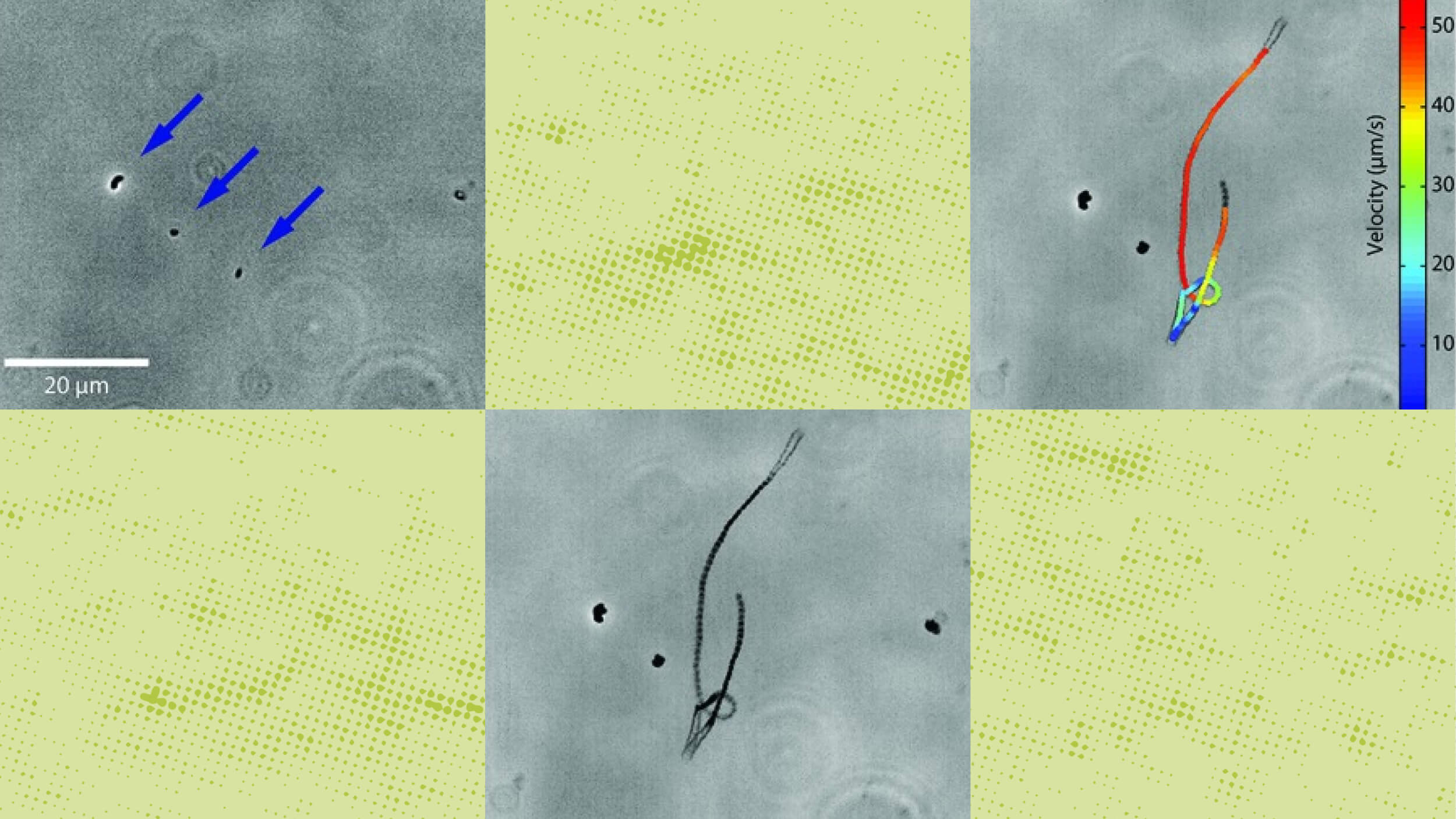The Level of Mind Control in North Korea is Unprecedented

If you’re trying to understand what this cult of personality is in North Korea, think about George Orwell’s 1984. This is a case of a country in which the leadership has eyes everywhere and they try to not only influence how you behave in society but how you think. And you are only allowed to have one sort of faith and that is faith in serving the Kim family leadership. There really is no space for anything else in your mind or in your body than doing these things in service of the leadership, the family and the state.
So it is a form of mind control that really is unprecedented in modern nation-state history. We have not seen anything like this. Mao’s Cultural Revolution was certainly quite ideological but nothing on this order and this sort of absolute control in this small country.





